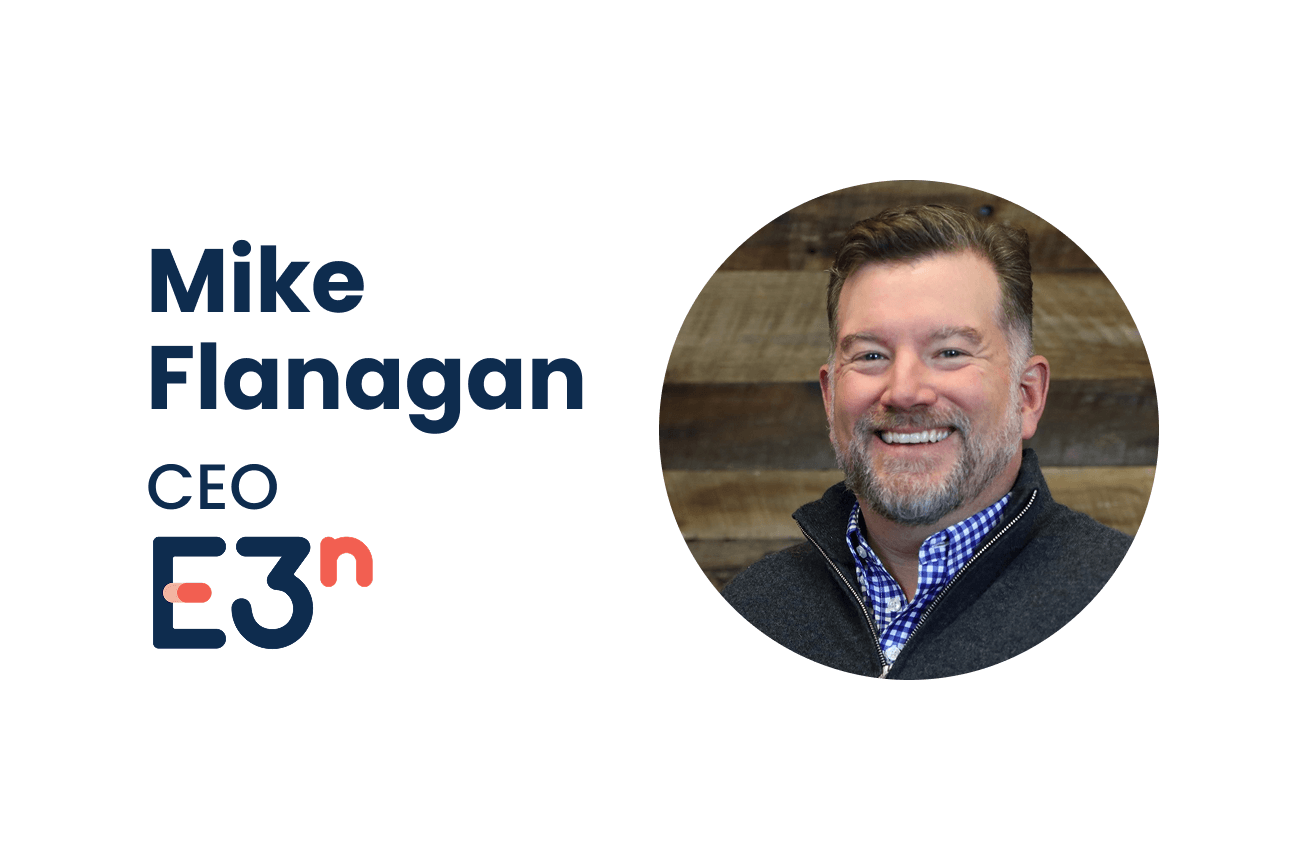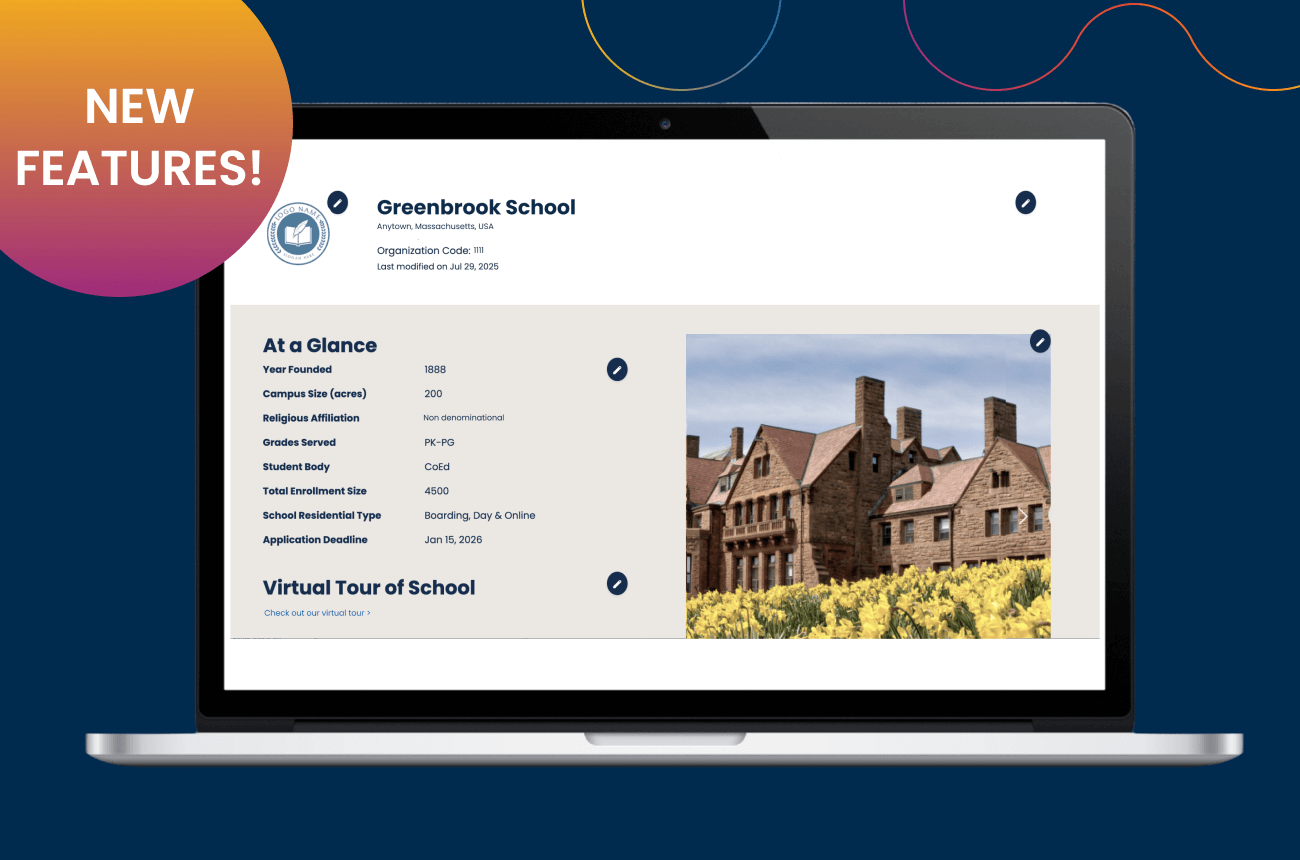The Power of the Positive

With the attention on Angela Duckworth for her work on grit, it is important to note the intellectual debt she will be the first to admit she owes to her mentor at the University of Pennsylvania, Marty Seligman, Ph.D., who is a former president of the American Psychological Association and internationally recognized as the founder of the Positive Psychology movement. As Duckworth will tell you, a core component of grit is an optimistic and positive mindset.
What does Seligman mean by optimism? It is not the same as self-esteem; indeed he is quite critical of that construct and the related movement. Self-esteem, he says, is a “consequence of success and failure, not its cause. What California and every state needs is not children who are encouraged to feel good, but children who are taught the skills of doing well.”
It is hard to overstate what a breakthrough his work has established in his field. Now, largely in his wake, there is a panoply of published and posted work about the markers and methods of happiness and positive psychology; one very entertaining and illuminating example is Shawn Achor’s TED talk, entirely worth your ten minutes viewing time.
In Seligman’s view, our optimism is explained by our “explanatory style,” which is developed during childhood, and which, “without explicit intervention, is lifelong.” For any good or bad event, how do we understand its “permanence,” its “pervasiveness,” and its “personalization?” Do we view an event which happens to us as part of a permanent phenomenon, or is it just a flash in the pan? Is it perceived as pervasive, extending from the individual situation to every other part of our lives and activities, or limited just to that particular domain? Is it personal, the result of our intrinsic and personal makeup, or the result of other people and circumstances beyond our control?
By not succumbing to the self-defeating explanatory style of blaming ourselves, not seeing our setbacks as permanent, and not universalizing particular defeats or disappointments to all of our endeavors, we generate a positive and optimistic mindset which carries us forward and powers us to make good things happen. Seligman’s research has strongly established that as a natural byproduct authentic happiness rises dramatically: we become not just more motivated and productive, but we are more joyful and content with ourselves and our lot.
The Seligman optimistic explanatory style has much in common with the Dweck “growth mindset.” Dweck’s research has demonstrated that learning is enormously enhanced when students believe that no matter how difficult the challenge is, they can succeed by dint of their effort. Setbacks are neither permanent nor due to any intrinsic lack of ability, but externally situated problems to be overcome with confidence that continued effort will pay great returns.
In conversations with admission officers this past year, several have mentioned a rising appreciation for the importance of evaluating the optimism of their applicants. In his book, The Optimistic Child, Seligman offers great advice and resources for how to do so, including a so-called “attributional questionnaire” which could easily be modified for applicant self-assessments or interview questions (an alternate version of the questionnaire can be found online here.)
Examples from the questionnaire include the statement, “You get very good grades,” with the option of either “Schoolwork is simple” or “I am a hard worker;” and the statement “A team you are on loses a game,” with the options of either “The team members don’t play well together” or “That day the team members didn’t play well together.”
Authentically happy and productive students, motivated to learn more and empowered by a growth mindset: surely this is what we would love to be able to describe about every one of our students. The tools with which we can measure these attributes are easily available and research-demonstrated; now is the time to begin experimenting with their implementation.




